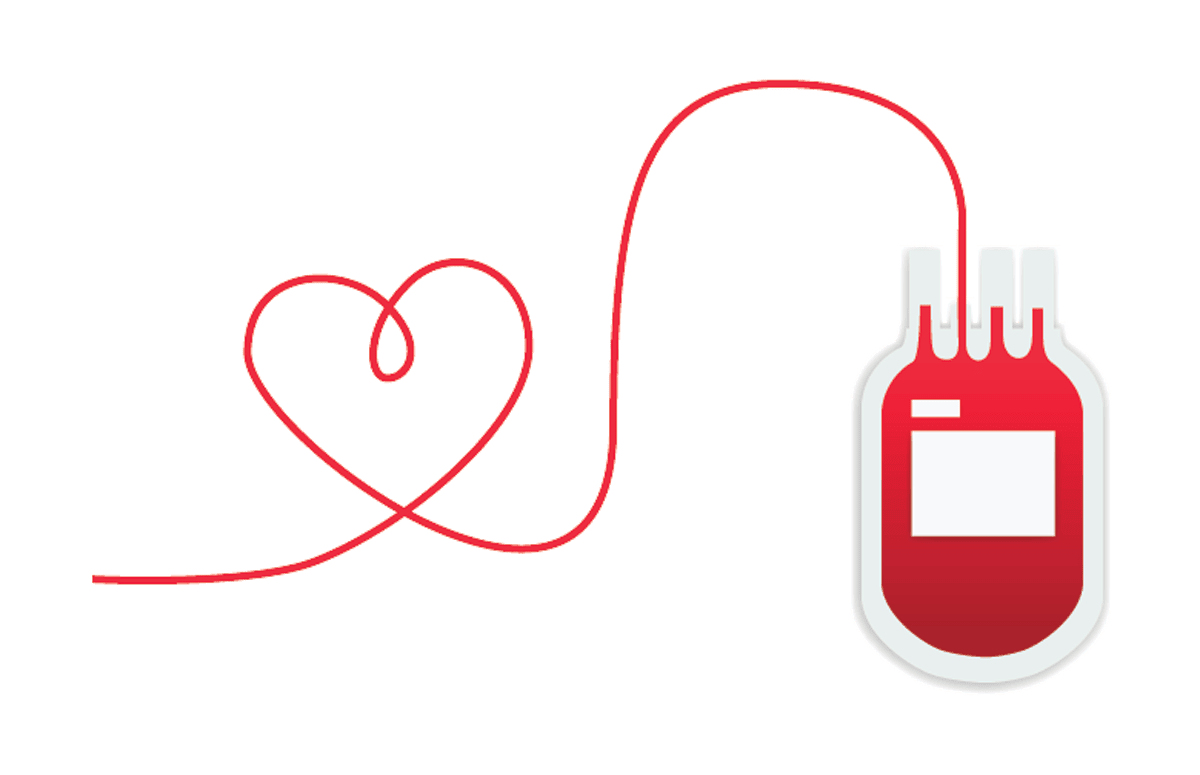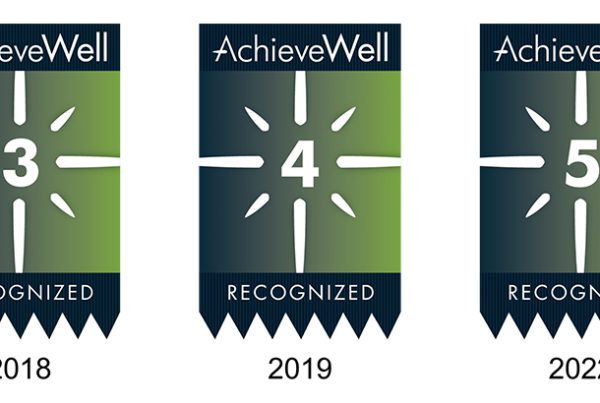
Donating blood is a compassionate act, providing a life-saving resource for those in need. The American Red Cross reports that an individual needs blood or platelets, cells found in the blood that control bleeding, every two seconds. But donating blood actually has health benefits for the donor, too. Take a look at how both the donor and
recipient benefit from donating blood.
For the recipient, donated blood, plasma, or platelets can be critical. For example, some cancer patients suffer a serious reduction in platelets due to cancer or the treatment for cancer. Receiving platelets help reduce the risk of bleeding. Trauma patients can need large amounts of blood, upwards of 100 units, and a healthy blood supply is necessary for hospitals, to support safe surgeries and necessary treatments.
For the donor, blood donations can provide surprising health benefits! When donating blood, the donor will be screened for pulse rate, blood pressure, body temperature, and hemoglobin count. In addition, donated blood is screened for a number of infectious diseases. If any are found, the donor will be notified. Donating blood may lower the risk of heart attack; one study found that donating blood improves cholesterol numbers, which is heart-healthy! And donating blood is an act of kindness that is good for reducing stress and emotional health.
If you wish to give blood, be sure to eat well prior to your donation and get plenty of fluids. Rest up the night before and bring proper identification to your appointment. On the day of your donation, you should continue to eat well and hydrate. Giving blood is truly a life-saving act that takes just about an hour of your time. If you are eligible, consider donating a few times a year. You will be making a difference for someone in your community.




